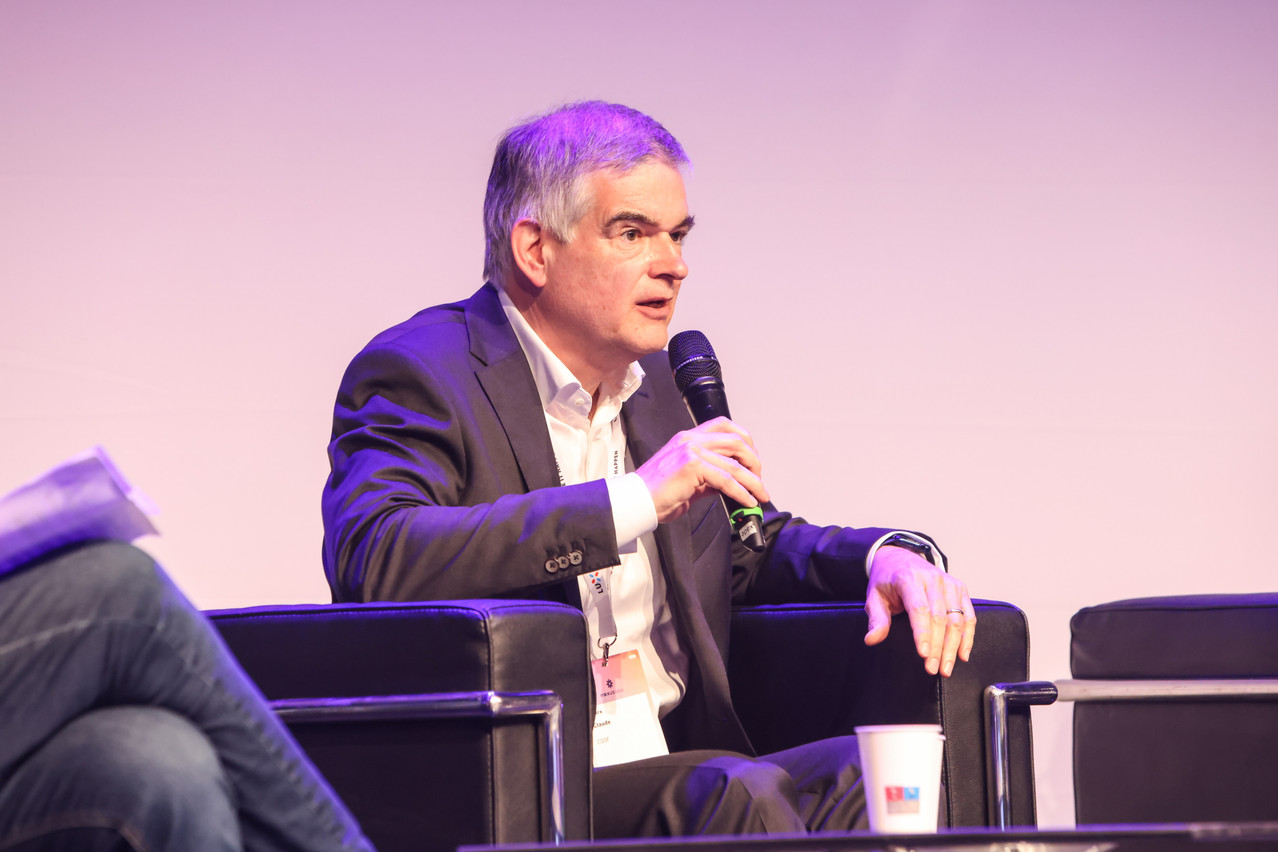The head of Luxembourg’s financial regulator has said that the use of artificial intelligence technology in the financial services sector should not be regulated. If AI in finance eventually needed to be regulated, then policies should not be set by the EU, he said.
The comments came at the technology conference, held at Luxexpo, on 26 June 2024.
When asked if specific AI regulation is required for the financial sector, “my response is no,” stated , director general at the Luxembourg Financial Sector Supervisory Commission (). This view is “not universally shared” among European financial regulators, he added. However, Marx argued that it “would be foolish” to issue financial AI rules when “no regulator knows today” exactly what AI tools are being used by firms and how, and “how risks are being assessed or not” at those companies.
Marx said that should a full census of AI activities be carried out and “if we came to the conclusion that something needs to be regulated... that should not happen at EU level” but rather international rules would be needed. “We need to be careful not to build ‘fortress Europe’,” he said. Something similar to the Basel banking agreement would need to be struck, to avoid disconnecting Europe with the fast pace of change in places like the US, China and India.
Marx added that at many financial firms, governance at board level is “not fit for purpose” anymore and many company leaders “don’t have the right mindset” to keep pace with technological change.
Speaking on the same , , CEO at the Luxembourg Private Equity and Venture Capital Association (), agreed that additional regulation was unnecessary, saying it was good to “not regulate something that is not there yet.” But he stressed that firms should be sure that AI tools are fully tested before they are deployed. There should be no biases, the models should “really work” and privacy needs to be maintained, he said.
While AI need not be regulated separately, the technology “will be a part of how and what we do,” so regulation and company practices will still need to keep up, said , managing director of the Luxembourg Insurance and Reinsurance Association ().

From left: Nasir Zubairi of the Luxembourg House of Financial Technology (Lhoft), Claude Marx at the Luxembourg Financial Sector Supervisory Commission (CSSF), Jerry Grbic at the Luxembourg Bankers’ Association (ABBL), Marc Hengen of the Luxembourg Insurance and Reinsurance Association (Aca), Serge Weyland of the Association of the Luxembourg Fund Industry (Alfi) and Stéphane Pesch at the Luxembourg Private Equity and Venture Capital Association (LPEA) are seen speaking on “The financial landscape of 2035 and how technology can get us there” panel at Nexus2050, 26 June 2024. Photo: Marie Russillo
What AI can do
AI can be most helpful in spreading “all the knowledge in the bank,” which is often siloed by departments or with specific expert staff, “to the whole bank,” said , CEO at the Luxembourg Bankers’ Association ().
Later Grbic said that even though 90% of banks in Luxembourg are subsidiaries with a corporate HQ located elsewhere, two-thirds of ABBL members said the Luxembourg operation was leading or co-leading their group’s global AI efforts.
Active management
AI has been predicted to the “the death of active management” in the funds sector. But, “my belief” is that AI “will actually be an enabler for active management,” helping to deliver better performance and efficiency, said , CEO at the Association of the Luxembourg Fund Industry ().
AI has a role in pre-deal processes, such as carrying out due diligence, and post-deal monitoring, said Pesch. But “we will remain an active management industry” and real people “will take investment decisions.”
